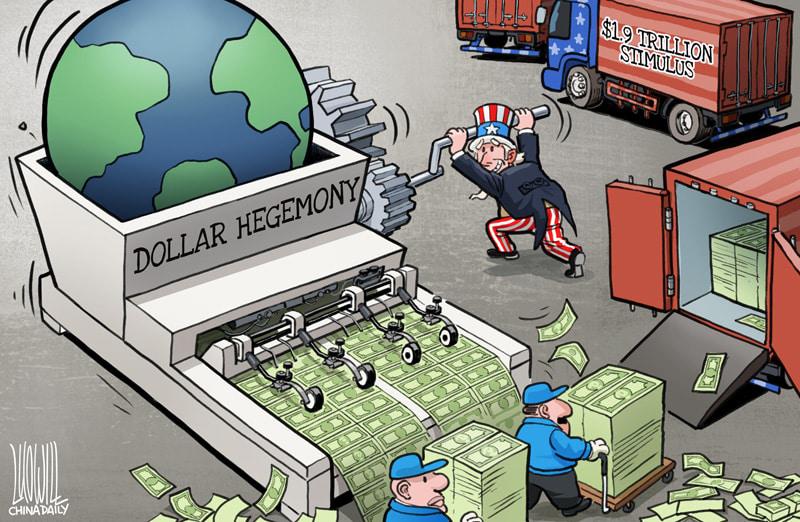Five Characteristics of Neoimperialism
15/10/2021 By RuneLite
The number of multinational corporations has grown globally, and the degree of socialization and internationalization of production and circulation has reached a higher level.
Since the 1980s, multinational corporations have become the main driving force of international economic intercourse as the bearers of foreign direct investment. In the 1980s, foreign investment worldwide grew at an unprecedented rate, much faster than the growth during the same period of other major economic variables such as world output and trade. In the 1990s, the scale of international direct investment reached an unprecedented level. Multinationals established branches and affiliates around the world via foreign direct investment, the volume of which had expanded dramatically. Between 1980 and 2008, the number of global multinational companies increased from 15,000 to 82,000. The number of overseas subsidiaries grew even faster, from 35,000 to 810,000. In 2017, an average of over 60 percent of the assets and sales of the world’s one hundred top nonfinancial multinational companies were located or achieved abroad. Foreign employees accounted for approximately 60 percent of total staff.

5
Ever since the capitalist mode of production came into being, the concentration of production activities, expanding collaboration, and the evolution of the social division of labor have led to a continuous increase in the socialization of production. The decentralized labor processes are increasingly moving toward a joint labor process. The facts have proved that the sustained growth of outward foreign direct investment has strengthened the economic ties between all countries, as well as significantly increased the level of socialization and internationalization of the production and distribution systems, in which multinationals play a key role as the dominant force at the micro level. The internationalization of production and the globalization of trade have extensively redefined the way in which countries participate in the international division of labor, and this in turn has reshaped the production methods and profit models within those countries. Throughout the world, the majority of countries and regions are integrated into the network of international production and trade created by these giant corporations. Thousands of companies around the world form value creation nodes in the system of global production chains. Within the global economy, multinational firms have become the main channels for international investment and production, the core organizers of international economic activity, and the engine of global economic growth. The rapid development of multinational corporations shows that in the new imperialist phase constructed around the globalization of capital, the concentration of production and capital is reaching ever greater dimensions. Tens of thousands of multinational corporations now dominate everything.